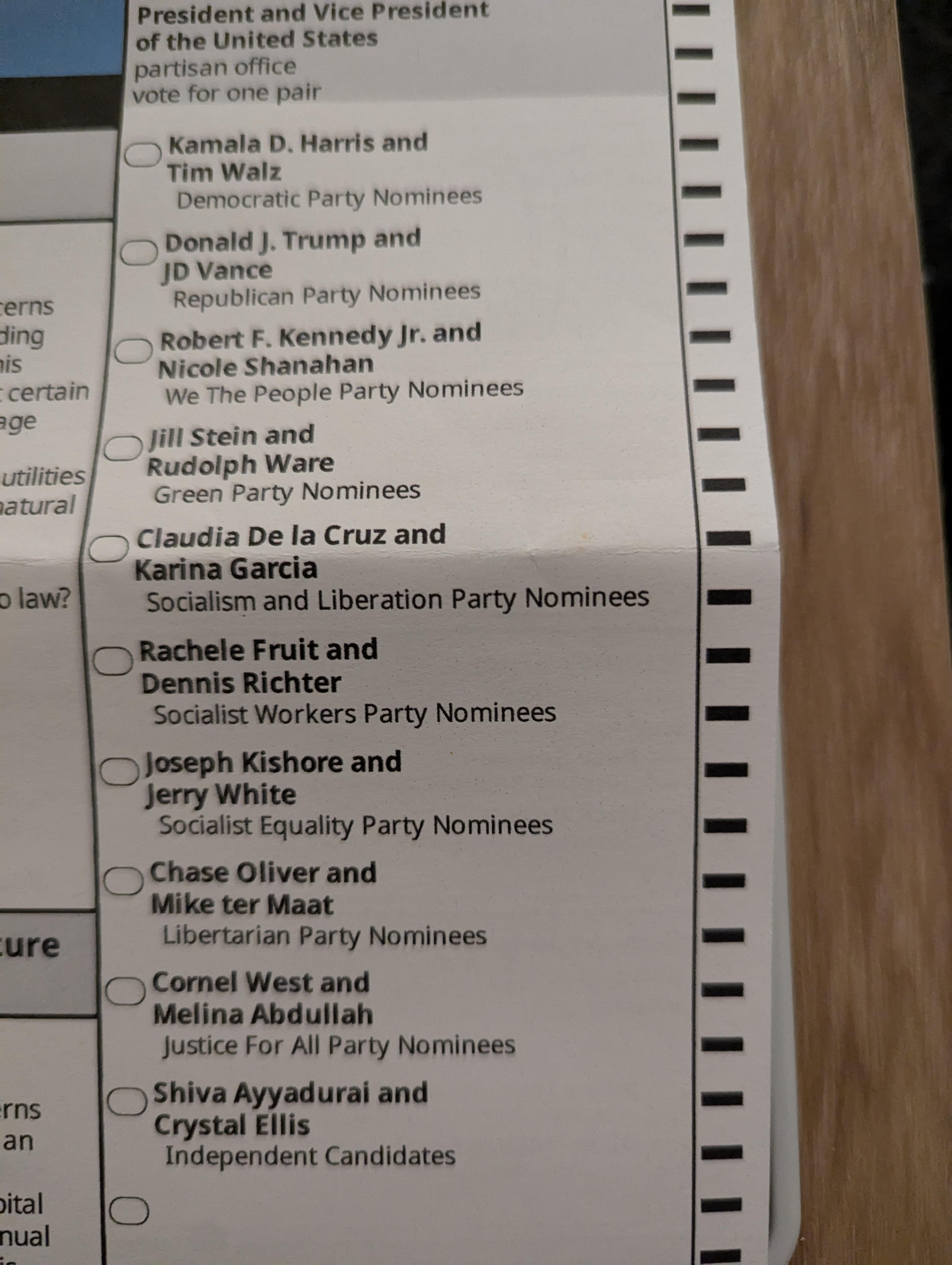this post was submitted on 26 Oct 2024
68 points (71.5% liked)
Asklemmy
44381 readers
1332 users here now
A loosely moderated place to ask open-ended questions
If your post meets the following criteria, it's welcome here!
- Open-ended question
- Not offensive: at this point, we do not have the bandwidth to moderate overtly political discussions. Assume best intent and be excellent to each other.
- Not regarding using or support for Lemmy: context, see the list of support communities and tools for finding communities below
- Not ad nauseam inducing: please make sure it is a question that would be new to most members
- An actual topic of discussion
Looking for support?
Looking for a community?
- Lemmyverse: community search
- sub.rehab: maps old subreddits to fediverse options, marks official as such
- [email protected]: a community for finding communities
~Icon~ ~by~ ~@Double_[email protected]~
founded 5 years ago
MODERATORS
you are viewing a single comment's thread
view the rest of the comments
view the rest of the comments

What do you mean? A primary would be where Democrats narrow their choices to one nominee, and Republicans do, and third parties do and so on. You seem to be suggesting that primaries filter out third party candidates? Maybe I'm just missing something but my understanding would be that a primary would just be a way that a third party chooses a single nominee, same as the first two parties.
Top-two mixed primary regardless of partisan affiliation.
One primary ballot held, all candidates declare a party 'preference', all votes counted together. Top two go onto the general election.
Understood, you are exactly right about that. What you've described filters out third parties. I think most conceptions of ranked choice voting by contrast would give them more of a chance, but granted that's not how it works everywhere.